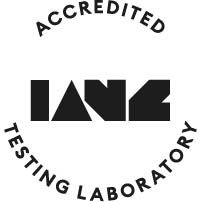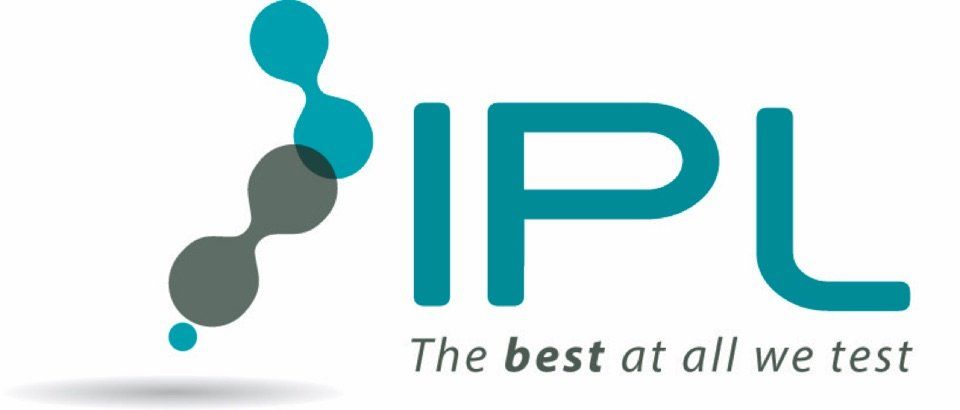Marine and Residual Fuel Oils
Marine and residual fuel oils
Marine and residual fuel oils
Our extensive knowledge of petroleum products allows us to analyse marine & residual fuel oils to ensure they are consistently fit-for-purpose and that they comply with all the legislative controls and internal performance criteria.
We offer the shipping industry a comprehensive range of Marine fuel oil analysis. Our testing helps assess whether your fuel complies with the marine fuel regulations. It also helps ensure the product is fit for purpose - therefore avoiding costly engine failure, downtime and/or repairs.
As part of our extended testing capabilities for fuel oils, we can provide testing for a range of different fuel oils that are manufactured according to your requirements. We analyse residual fuel oils, VGO and other heavy distillates following internationally recognised standard test methods. Testing includes:
Testing includes:
- Ash
- Calculated Carbon Aromaticity Index
- Density
- Flash Point
- H2S
- Lead
- Metals
- Micro Carbon Residue
- Pour Point
- Sulphur
- Total and Potential Sediment
- Viscosity
- Water
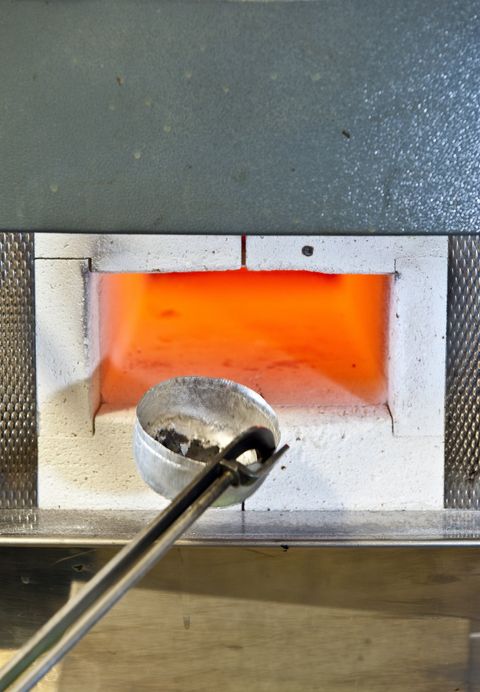
The new MARPOL specifications will be implemented on 1st January 2020. Testing will provide assurance that your ships meet the lower sulphur emission standards.
other related services
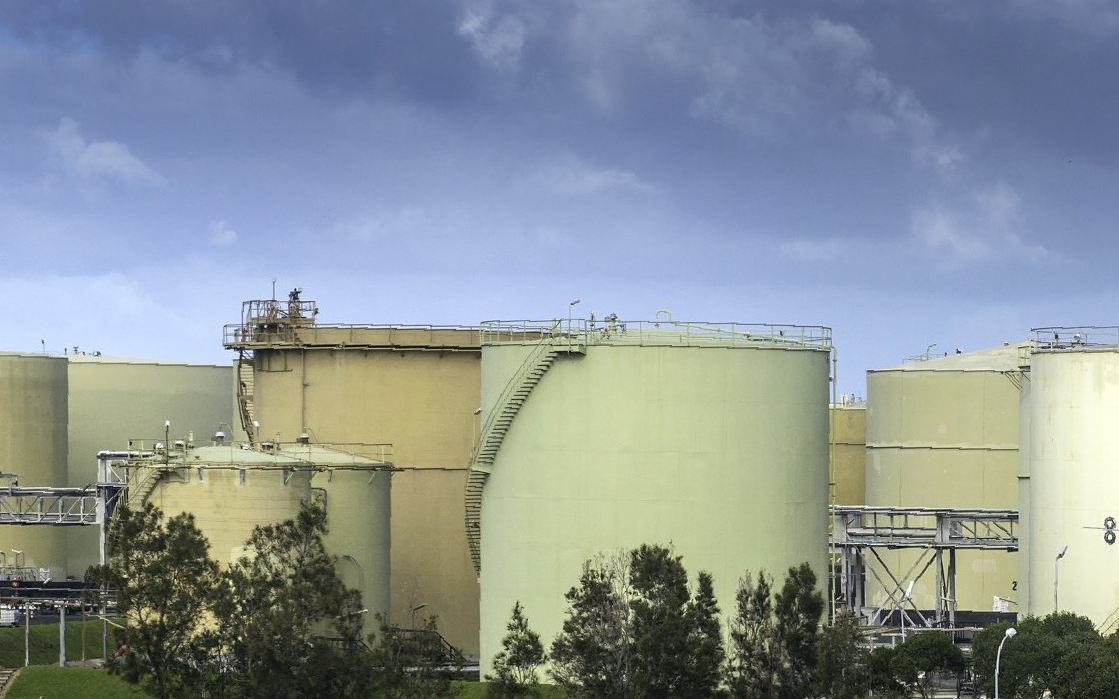
Petroleum Products Testing

Petrol / Gasoline Testing
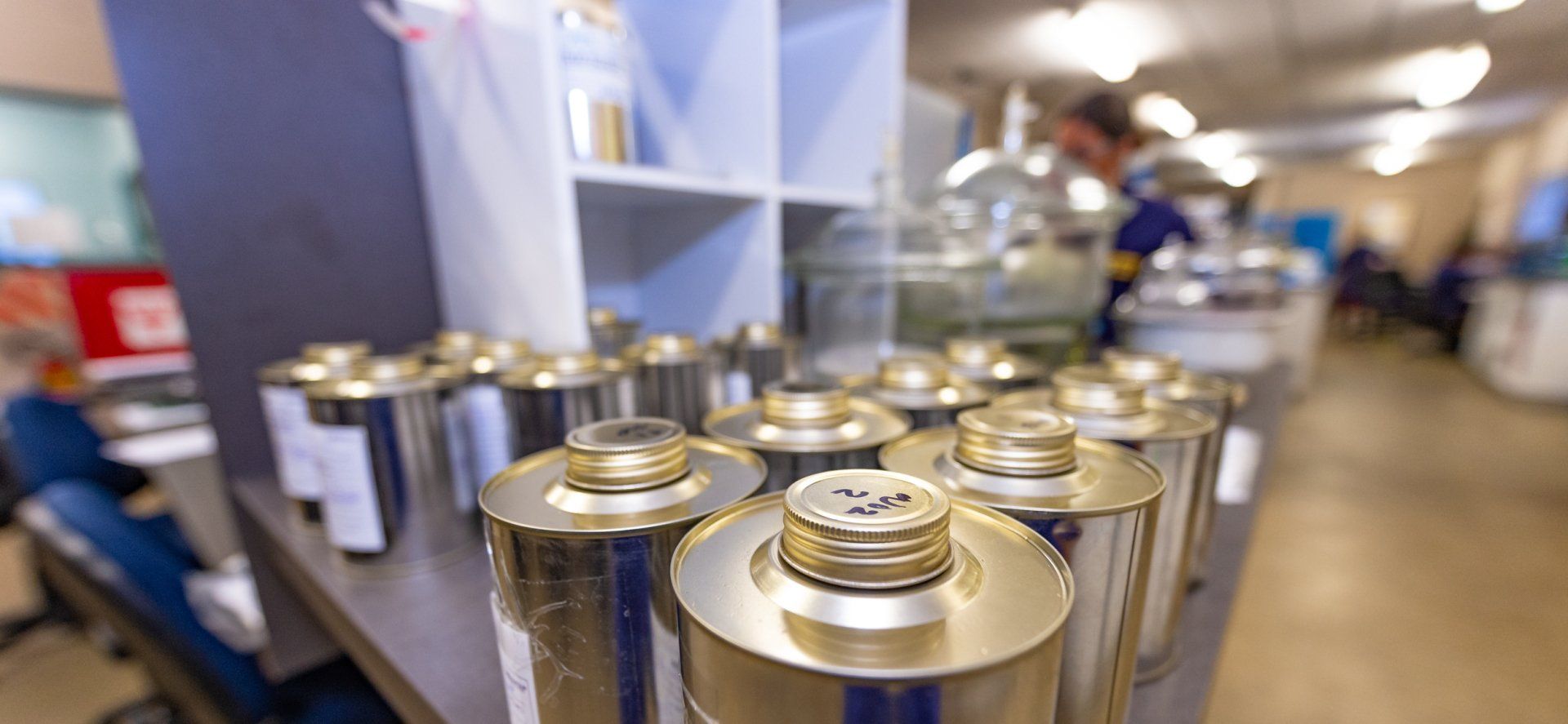
Diesel / Automotive Gas Oil Testing

Aviation Fuels Testing
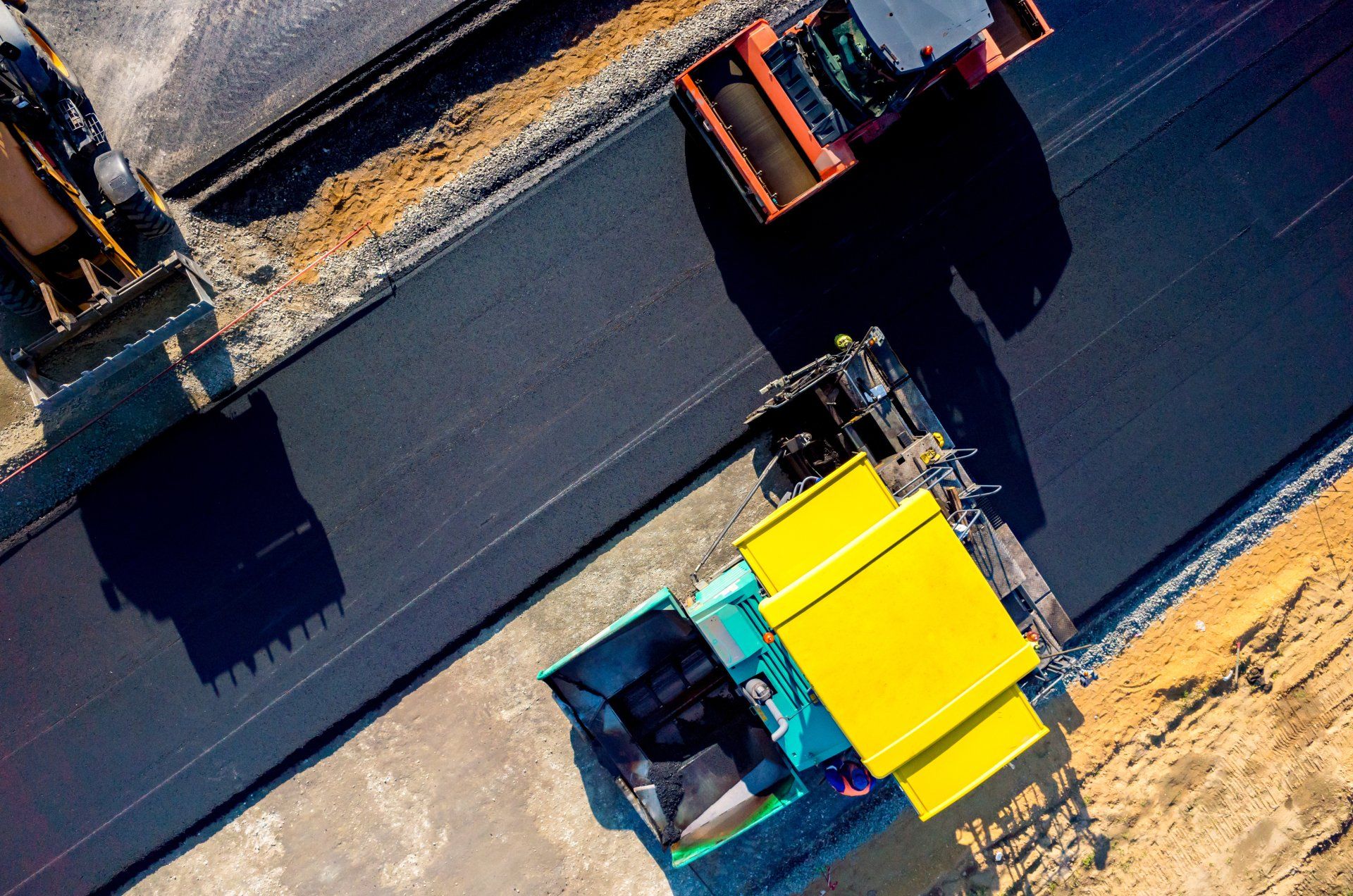
Bitumen Analysis
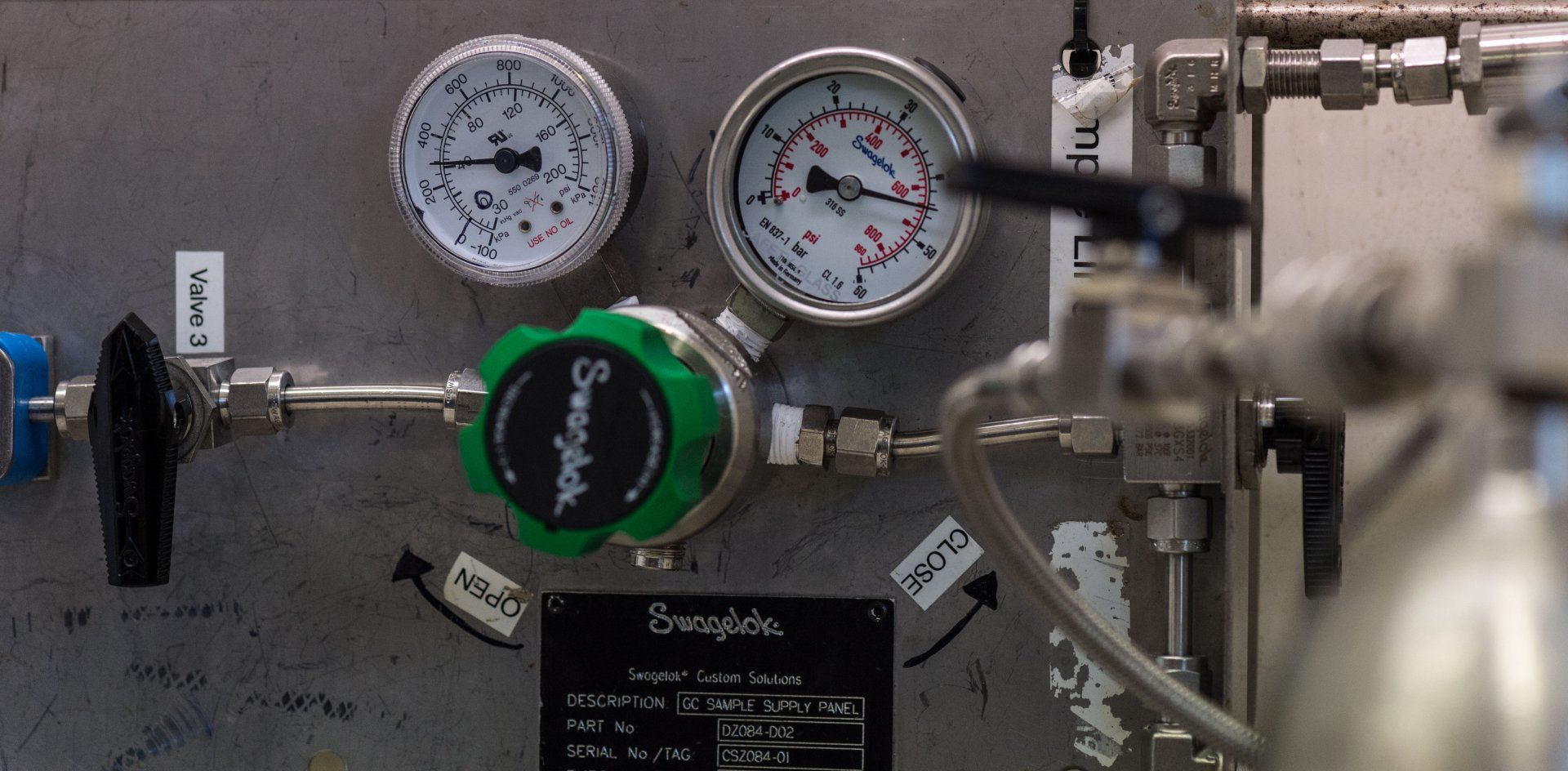
Gas and Pressurised Gas Analysis
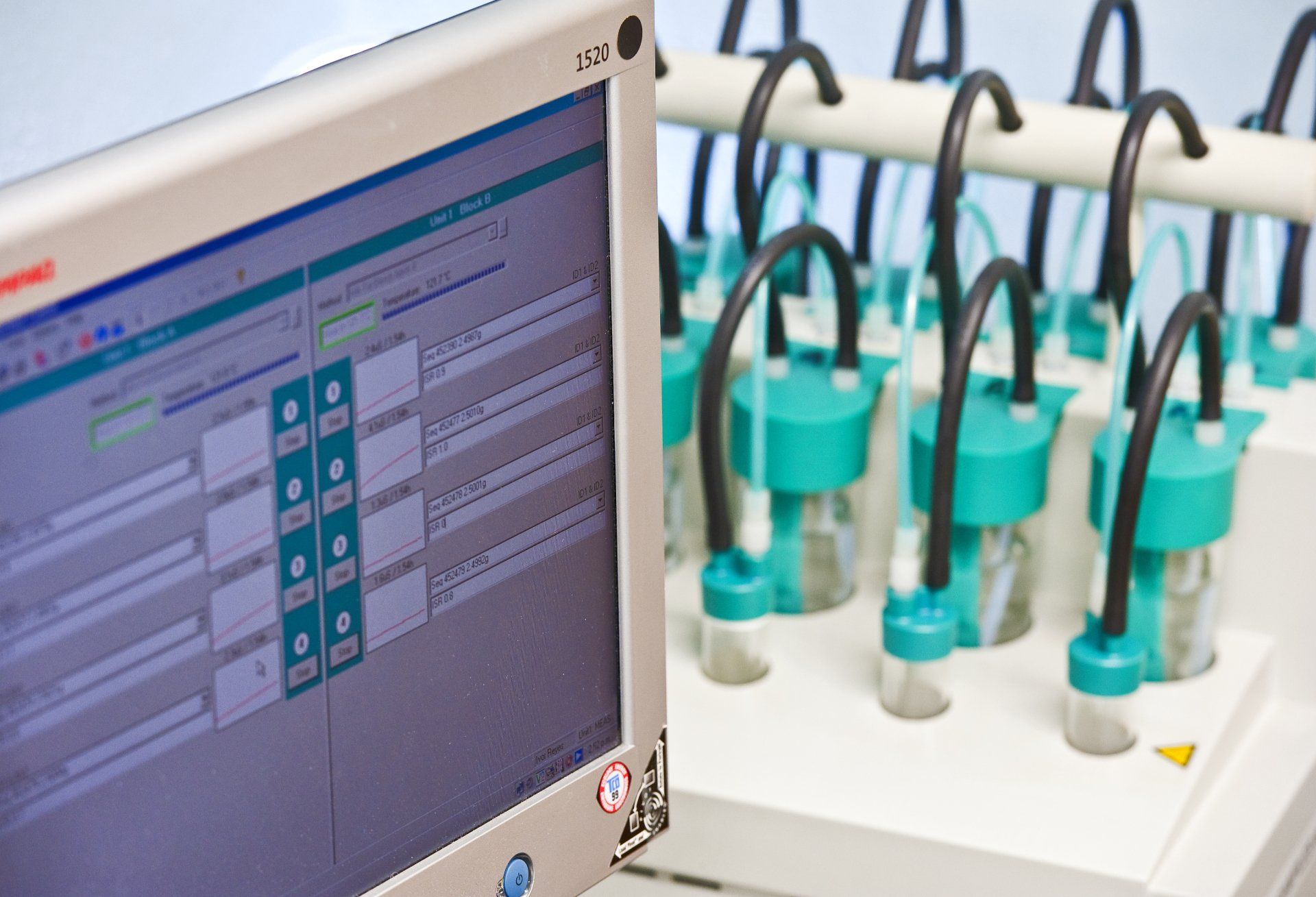
Biofuels Analysis
FAQs
- What are Fuel Oils?
Fuel oils are manufactured by blending distillation residues with gas oil components according to market requirements.
- What are Fuel Oils commonly used for?
Fuel oils are mainly used to drive engines used in heavy industry applications such as for power generation, steam generation, marine fuel and industrial burners. A range of different fuel oils are manufactured, according to the requirements of the end user.
Dedicated to providing quality lab testing services
About IPL
Established in July 1999, Independent Petroleum Laboratory Limited (IPL) is a fully independent laboratory that provides specialist Fuels, Biofuels, Industrial and Environmental laboratory testing services to a wide range of customers throughout New Zealand and the South West Pacific.
Get the latest information and promotions in your inbox
Newsletter
Thank you for contacting us.
We will get back to you as soon as possible.
We will get back to you as soon as possible.
Oops, there was an error sending your message.
Please try again later.
Please try again later.
© 2024
IPL : Website Design Auckland by Fuel Design Ltd
